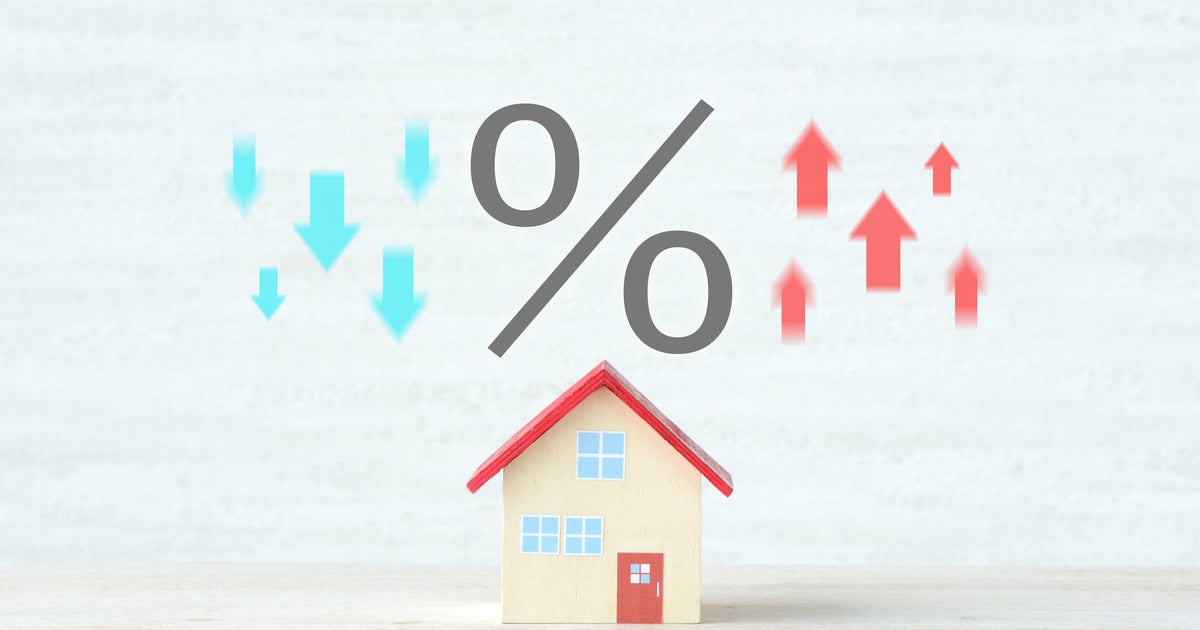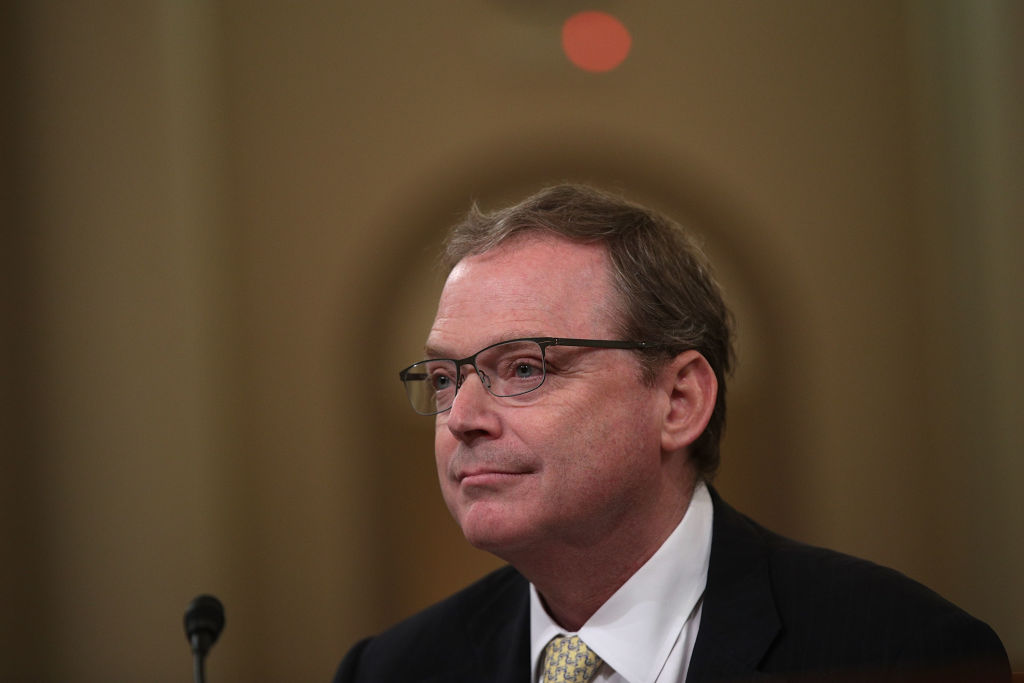Bloodbath on Wall Street as stocks suffer worst week since 2008
Wall Street closed out its worst seek since the 2008 financial crisis with yet another day's drop triggered by mounting coronavirus concerns.
The Dow fell 357 points, or 1.4%, to 25,409.36, following a nearly 1,200 point drop on Thursday. The broader S&P 500-stock index fell 0.8% in Friday trading and the tech-heavy Nasdaq composite edged slightly higher.
Earlier in the day, the Dow had shed more than 1,000 points before paring losses after an afternoon statement from Federal Reserve Chairman Jerome Powell, who suggested the Fed could intervene with interest rate cuts or other moves by the central bank if the virus hurts the U.S. economy.
"The fundamentals of the U.S. economy remain strong. However, the coronavirus poses evolving risks to economic activity," Powell said in the statement. "The Federal Reserve is closely monitoring developments and their implications for the economic outlook. We will use our tools and act as appropriate to support the economy."
Even with Powell's calming message, the S&P 500 has lost 11% of its value since last Friday, while the Dow has lost more than 12% on investor fears that the growing coronavirus outbreak could slow economic growth.
The value of U.S. equities has tumbled more than $3 trillion from their market highs last week amid turbulence caused by the widening virus. The downdraft resulted in the market's worst week since October of 2008, when markets cratered during the financial crisis.
More than 83,000 cases of the COVID-19 disease have now been confirmed in 53 countries, with the death toll at more than 2,800. Despite President Donald Trump's reassurances that the U.S. is in "great shape," investors are weighing the impact of potential economic disruptions from the disease.
Tech giants such as Apple and Microsoft have warned that the outbreak will hurt their financials, while countries are taking measures to halt the spread of the disease, such as Japan's decision to close all public schools in that country.
"This week reminded many investors of 2008, which isn't a happy memory," said Ryan Detrick, senior market strategist for LPL Financial. "Nonetheless, remember that the overall economic backdrop is still healthy in the U.S., but when fear grips, that doesn't matter."
The slide into market "correction" territory — defined as a decline of at least 10% from a previous high — is the fastest on record, noted Torsten Sløk, chief economist at Deutsche Bank Securities. "The speed of the decline over the past week even beats the Black Monday episode in October 1987, where the peak was in August 1987," he wrote in a research note.
Airline and other travel stocks have been pummeled, with American Airlines and Delta shedding 27% and 17% of their market value, respectively, since last Friday. But this week's rout touched multiple industries, with real estate, consumer staple and health care stocks suffering losses.
Goldman Sachs on Thursday warned clients that the S&P 500 could drop another 9% over the next three months. The firm also said corporate profit growth is likely to vanish this year because of the coronavirus, and that U.S. economic growth would slow.
The sharp decline had investors looking to the Federal Reserve for help, analysts said.
"The global equity rout remains relentless," TD Securities analysts told investors in a report. "With no less than three Fed rate cuts now priced in for this year, investors are starting to look to central bankers for rescue once again."
On Friday, the Fed obliged, with Powell's statement as well as an earlier comment in the day by St. Louis Fed President James Bullard, who said further rate cuts are "a possibility if a global pandemic actually develops with health effects approaching the scale of ordinary influenza."
But, Bullard added, "this is not the baseline case at this time."



